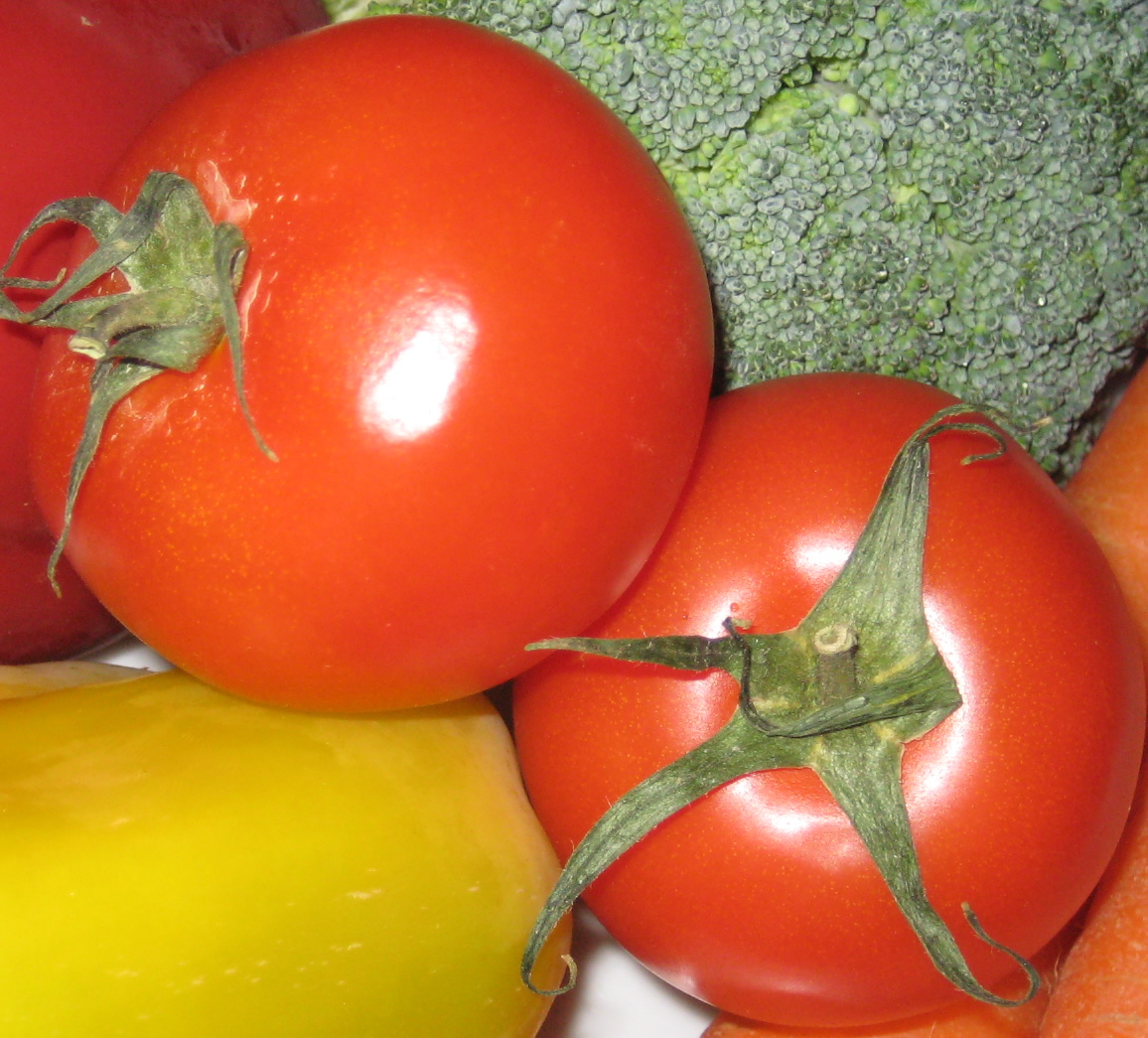 Micronutrients...
Micronutrients...
These are nutrients that the body only requires in very small amounts, less than 1g a day. Most nutrients are micronutrients. These can be furhter sub divided into: Vitamins, Minerals and Trace Elements. They are often linked with vitality, energy and strength. Vitamins and minerals do not themselves provide energy but they are essential for general health and peak performance.
Vitamins...
They are required in tiny amounts for wellbeing, growth and physical performance. Some are involved in production of energy and others are needed for the immune, hormonal and nervous systems. The body cannot make vitamins so they all need to be included in the diet.
Minerals...
Minerals are inorganic elements that have regulatory and structural roles within the body, such as bones and teeth (Calcium). Others are needed for muscle contractions and red blood cell production. Like vitamins, minerals cannot be made by the body so they alsoneed to be included in the the diet.
Table 8. Important vitamins and minerals; their function, food sources and deficiencies.
Vitamin |
Function |
Sources |
Deficiency Symptoms |
B1 |
Involved in removal of Carbon Dioxide |
Pork, whole grains, legumes, milk, fruit and vegetables. |
Nerve changes, heart failure |
B2 |
Used in energy metabolism |
Meats, Eggs, whole grains, green leafy vegetables |
Reddened lips, cracks at mouth corners |
B3 |
Involved in releasing enrgy from food |
Liver, lean meats, legumes and peanuts |
Skin lesions, nervous mental disorders |
B5 |
Central role in energy metabolism |
Meat, fish, poultry, milk products, whole grains |
Fatigue, impaired coordination, nausea |
B6 |
Metabolism of amino acids and glycogen |
Fish, poultry and vegetables, cereals, seeds. |
Muscular twitching, irritability, kidney stones. |
Folate |
Red Blood cell production, protein manufacter |
Legumes, green vegetables, whole wheat products, meat, eggs, liver. |
Anemia, diarrhea, red tongue. |
B12 |
Same as Folate |
Muscle meat, fish, eggs, dairy products. Not found in plant foods |
Neurologic disorders. |
A & C |
Formation of connective tissue and hormones. Antioxidant |
Green vegetables, citrus fruits, tomatoes, green peppers, salad greens |
Degeneration of skin and teeth (Scurvy). |
E |
Antioxidant |
Seeds, green leafy vegetables |
Possible anemia |
Calcium |
Bone formation and muscle growth, nerve transmission. |
Milk, cheese, dark green leafy vegetables |
Stunted growth, osteoporosis |
Iron |
Formation of haemoglobin (oxygen transporter) and energy metabolism. |
Eggs, lean meats, whole grains, leafy green vegetables. |
Anemia and weakened immune system. |
Exercise and Antioxidants
Regular exercise can increase the need for amount of vitamins and minerals, especially those used for energy production. Some can also aid recovery following intense exercise. Anti oxidants are nutrients that take up free radicals, which are produced in excess during exercise.
Deficiencies in these vitamins and minerals can limit sporting performance but taking an excess of the required amounts will not necessarily increase performance.
Supplements are normally only necessary if you have naturally higher requirments than normal, or dietary restrictions limit your intake of certain vitamins or minerals. Eating a balance diet should supply adequate amounts of vitamins and minerals required however this may not always be possible especially if you travel a lot, work inconsistent, long hours or train at irregular times.